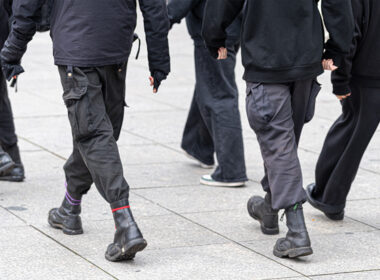The NSW Government has announced an end to a costly practice that saw vulnerable children assigned to unsuitable emergency accommodation, in an experience described by one young person as like "a dog being moved from cage to cage."
The decision follows the recommendations of the Special Inquiry Into Children and Young People in Alternative Care Arrangements that declared “a system that includes ACAs (Alternative Care Arrangements) cannot be accepted, and we need to transition from their use as a matter of priority”.
During Child Protection Week, the government announced a series of measures to rapidly phase out the use of ACAs and High-Cost Emergency Arrangements (HCEAs) quickly.
“Since I became Minister, I’ve made it very clear that vulnerable children do not belong in hotels, motels or caravan parks with shift workers instead of foster carers”, said the Minister of Families and Communities, Kate Washington.
“The Minns Labor Government’s ban on ACAs is a critical step towards making the child protection system sustainable and will put vulnerable kids on safer paths to brighter futures.
The inquiry revealed that the use of ACAs cost taxpayers $500 million over the last six years, didn’t guarantee a safe environment for the children, and often involved unaccredited agencies that are not required to meet the NSW Child Safe Standards for Permanent Care.
The government had already started taking action to reduce the number of children in ACAs. As of 29 August, only 39 children remained in these temporary accommodation facilities, compared to 139 in November.
The government identified suitable alternative placements for the remaining children, whether safely returning to their families, finding a placement in foster care, or providing support in an intensive therapeutic care environment. To provide support to these children, the government recruited approximately 200 emergency foster carers.
In addition, the NSW 2024-25 budget includes a $224 million investment to assist the Department of Communities and Justice in helping vulnerable children. This includes introducing a government-run intensive and professional foster care model and ensuring a high standard of quality for residential care.
“We acted early, and we’re already seeing meaningful results, with the number of children in unaccredited Alternative Care Arrangements falling by 72 per cent in just eight months,” said Washington.
“Under our government, unaccredited emergency accommodation will become a thing of the past, which is long overdue.”




